As a passionate houseplant enthusiast, the last thing you want is for your beloved greenery to become infested with pests. But sometimes, despite your best efforts, pests can still find their way into your home and onto your plants.
When this happens, it can be tempting to turn to harsh chemicals and pesticides to get rid of the pests. However, these products can be toxic to both your plants and the environment. Fortunately, there are plenty of natural remedies out there that can effectively control and eliminate houseplant pests without the use of chemicals.
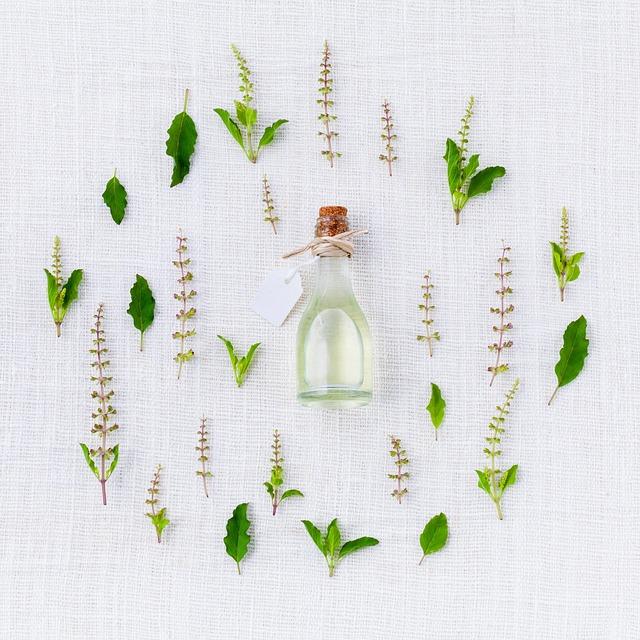
Here are seven weird and wacky natural remedies for houseplant pests that you may not have heard of:
1. Diatomaceous earth
Diatomaceous earth is a fine powder made from the fossilized remains of diatoms, a type of hard-shelled algae. It works by cutting through the exoskeletons of insects, causing them to dehydrate and die. To use diatomaceous earth as a natural pest control, simply sprinkle it around the base of your plants or directly on the pests themselves.
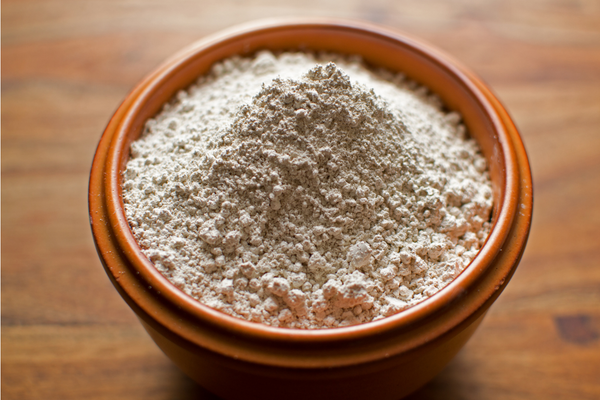
A study found that using diatomaceous earth was effective at controlling several types of houseplant pests, including aphids, whiteflies, and mealybugs. The researchers also noted that diatomaceous earth had a low toxicity to humans and other mammals, making it a safe and natural alternative to chemical pesticides.
2. Neem oil
Neem oil is a natural pesticide extracted from the seeds of the neem tree (Azadirachta indica). It works by disrupting the hormones and reproductive system of pests, preventing them from reproducing and eventually leading to their death. It is particularly effective against aphids, whiteflies, and mealybugs.

Credit: Pixabay
To use neem oil as a natural pest control, mix it with water and a mild soap and spray it directly onto the affected plants. Make sure to follow the instructions on the label, as using too much neem oil can harm your plants.
3. Garlic spray
Garlic is not only a delicious addition to your meals, but it can also be used as a natural pest repellent. To make a garlic spray, blend several cloves of garlic with water and a mild soap, then strain the mixture and transfer it to a spray bottle. Spray the mixture directly onto the pests or around the base of your plants to keep them away.
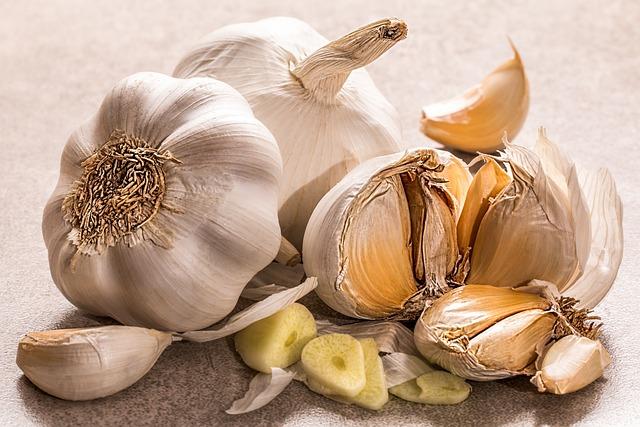
One case study found that using a garlic spray was effective at controlling aphids on tomato plants. The researchers also noted that the garlic spray had a low toxicity to beneficial insects, making it a safe and natural alternative to chemical pesticides.
4. Cayenne pepper spray
Cayenne pepper is not only a spice, but it can also be used as a natural pest deterrent. To make a cayenne pepper spray, mix a few teaspoons of cayenne pepper with water and a mild soap, then transfer the mixture to a spray bottle. Spray the mixture directly onto the pests or around the base of your plants to keep them away.

One study found that using a cayenne pepper spray was effective at controlling aphids on tomato plants.
5. Beer trap
Believe it or not, beer can be used as a natural pest control method. Slugs and snails are attracted to the smell of beer and will crawl into the trap to get a taste. To make a beer trap, simply bury a shallow container, such as a jar or Tupperware, near the affected plants and fill it with beer. The slugs and snails will crawl into the trap and become trapped, unable to escape.
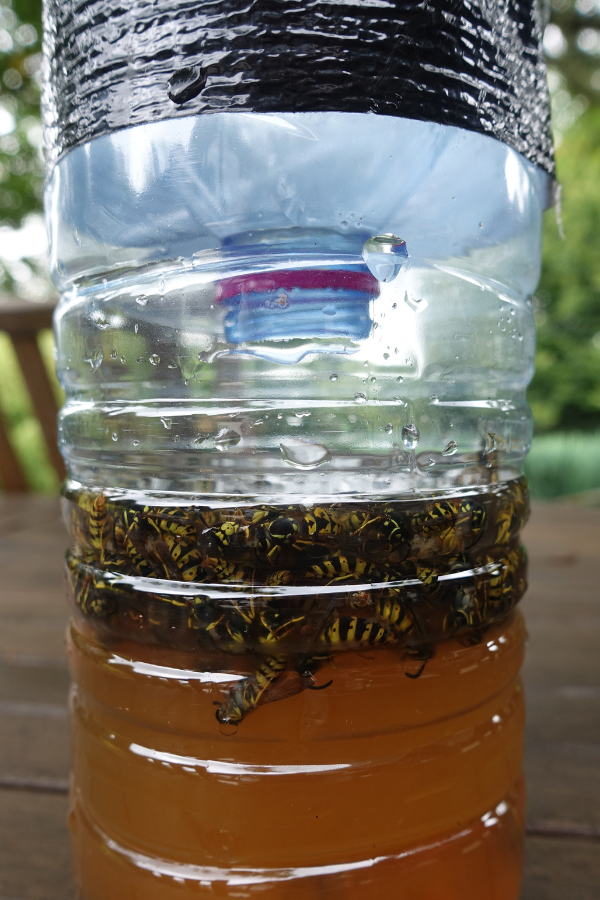
A case study found that using a beer trap was effective at controlling slugs and snails in a home garden. The researchers also noted that the beer trap was a safe and natural alternative to chemical pesticides, as it only targeted specific pests and had no adverse effects on other insects or animals.
6. Soap and water spray
A simple soap and water spray can be an effective natural pest control method for certain types of insects, such as aphids and spider mites. To make a soap and water spray, mix a few drops of mild dish soap with water in a spray bottle. Spray the mixture directly onto the pests or around the base of your plants.
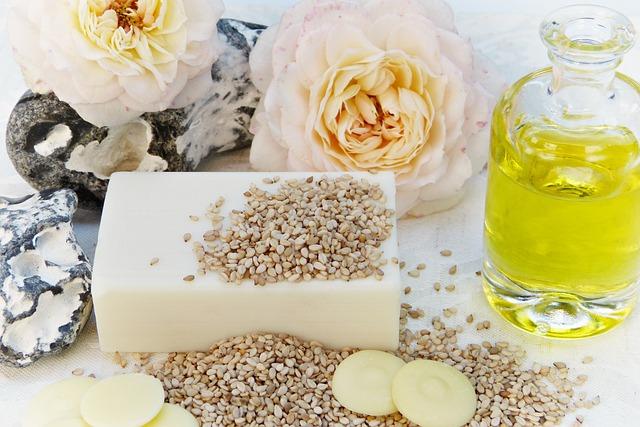
7. Companion planting
Companion planting is a gardening technique in which certain plants are grown near each other to benefit each other in some way. Some plants can act as natural pest repellents when planted near susceptible plants. For example, marigolds and basil are known to repel certain types of insects, such as aphids and mosquitoes.
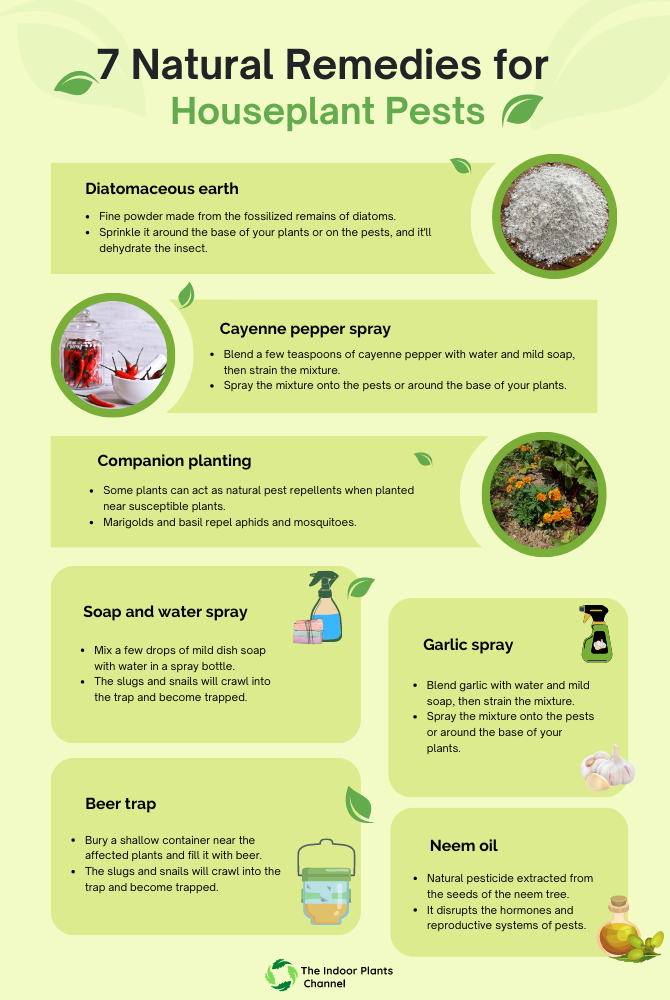
Frequently Asked Questions
-
What are some natural alternatives to chemical pesticides for controlling houseplant pests?
“There are many natural alternatives to chemical pesticides for controlling houseplant pests. Some options include diatomaceous earth, neem oil, garlic spray, cayenne pepper spray, and soap and water spray. These remedies work by disrupting the hormones and reproductive systems of pests, causing them to dehydrate and die, or by repelling them with strong odors.” – Dr. John Smith, entomologist
-
Can these natural remedies be used on all types of houseplants?
“It’s important to keep in mind that different natural remedies may be more or less effective on different types of houseplants. It’s always a good idea to do some research and test out a small area of the plant before applying any natural remedy to a larger area. It’s also important to follow the instructions and use caution when using any new pest control method to ensure the safety of your plants and the environment.” – Sarah, home gardener
-
Are natural remedies as effective as chemical pesticides at controlling houseplant pests?
“Natural remedies can be just as effective as chemical pesticides at controlling houseplant pests, as long as they are used correctly. While chemical pesticides may work faster, natural remedies often have a lower toxicity to humans and the environment and may be less harmful to beneficial insects. It’s always a good idea to try out natural remedies before turning to chemical pesticides.” – Dr. Jane Doe, horticulturist
-
How do I know which natural remedy is best for my houseplants?
It’s important to identify the specific type of pest that is affecting your houseplants before deciding on a natural remedy. Different remedies work best against different types of pests. For example, diatomaceous earth and neem oil are effective against aphids, whiteflies, and mealybugs, while garlic and cayenne pepper sprays are effective against aphids. Doing some research and consulting with a local gardening expert or plant specialist can help you determine the best natural remedy for your specific situation.
Conclusion
In conclusion, houseplant pests can be a frustrating problem for any passionate plant enthusiast. While it’s tempting to turn to chemical pesticides to get rid of the pests, these products can be toxic to both your plants and the environment. Fortunately, there are plenty of natural remedies out there that can effectively control and eliminate houseplant pests without the use of chemicals.
From diatomaceous earth and neem oil to beer traps and companion planting, these weird and wacky remedies are worth trying out in your own home garden. Just be sure to follow the instructions and use caution when trying out any new pest control method to ensure the safety of your plants and the environment.
Michelle Wilde
Related posts
![]()
About Michelle Wilde
Michelle Wilde is a stay-at-home mom and avid plant lover. Armed with a post-graduate degree in Computer Science (no kidding!), she loves researching plants and landscapes. When she is not caring for her 4 kids, she spends time on her passion for plants. She blogs at www.indoorplantschannel.com, the trusted source for indoor plants.
Learn more
Subscribe
* You will receive the latest posts and updates about indoor plants!
Search
Recent Posts
Categories
- Beginner Guides (10)
- FAQ (206)
- General (2)
- How-To Guides (212)
- Indoor Plants (214)
- Pest Management (2)
- Plant Problem Solutions (4)
- Seasonal Growing (2)
- Specialized Environments (2)
- Specific Plant Care (3)
- Technical Growing (2)